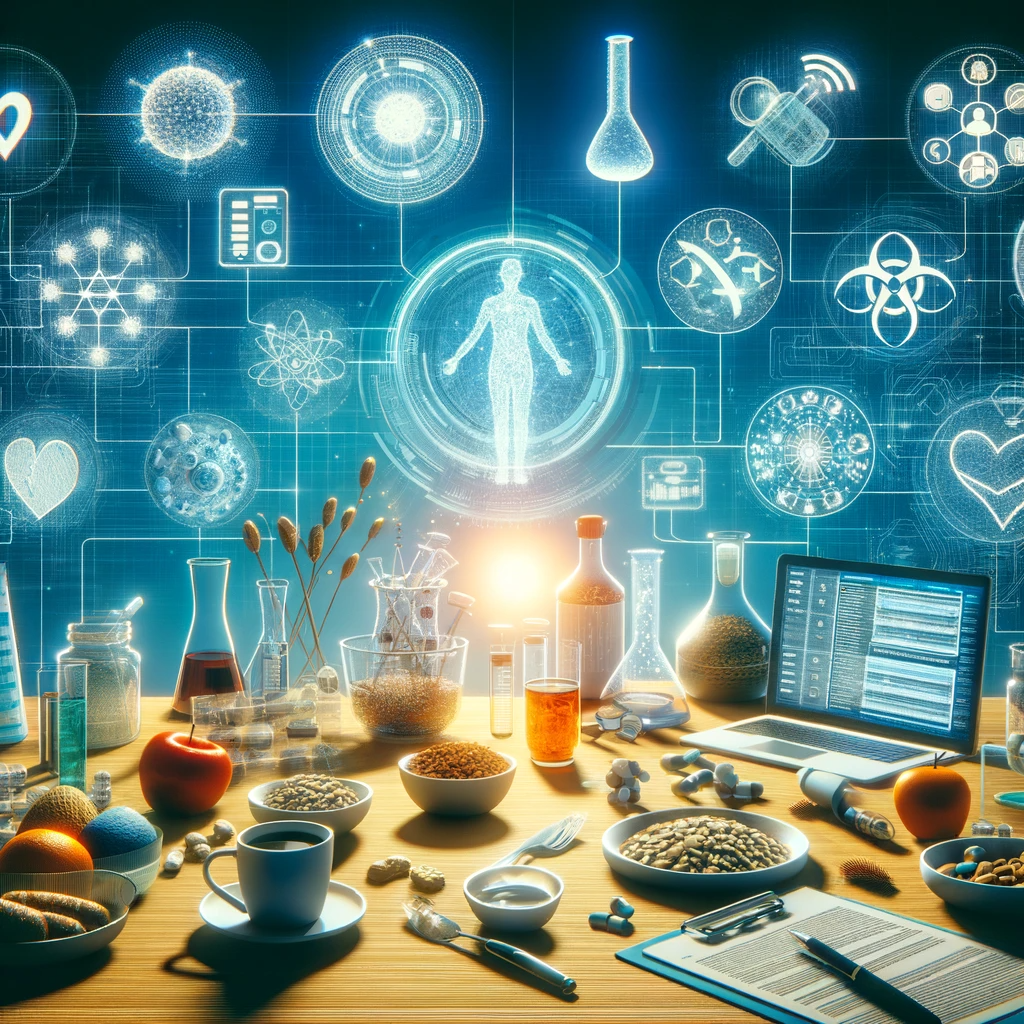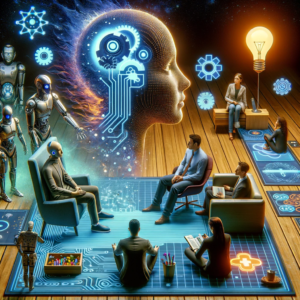In the realm of healthcare, technological advancements are continually reshaping our understanding and approach to various medical conditions. One area where we see promising developments is the treatment of food allergies. In this blog post, we’ll explore the intersection of food allergies, artificial intelligence (AI), and the potential for groundbreaking advancements in the field.
Holistic Approach: Integrating Nutrition and Psychology
I appreciate how the discussion surrounding food allergies has evolved to encompass a holistic perspective, including considerations of food, nutrition, and their impact on psychological stress. Food allergies are not merely physical reactions but also deeply affect the mental and emotional well-being of individuals and their families. The constant vigilance and self-advocacy required can be exhausting, leading to strong emotional swings and a sense of loss of control.
The Promising Role of Artificial Intelligence
What’s particularly exciting is the potential for AI to revolutionize the way we understand and treat food allergies. Over the next five years or even sooner, we could witness remarkable advancements in this field, thanks to the integration of AI technologies.
The Food Allergy Institute’s AI-Based Program
One compelling example is the work being done by the Food Allergy Institute, led by Dr. Inder Paul Randhawa. Their pioneering AI-based program has already made significant strides in the treatment of food allergies. This program has successfully placed 8,000 patients into remission, a remarkable achievement in itself. What’s even more fascinating is its ability to predict and treat patient responses to serious food allergies.
Data-Driven Insights for Counselors
The integration of AI into the realm of food allergies not only offers hope to individuals and families dealing with these conditions but also has broader implications for counselors and mental health professionals. AI, with its data-driven capabilities, can provide invaluable insights and personalized treatment suggestions.
The Future of AI in Healthcare
As AI continues to advance, its role in healthcare is expanding rapidly. The Food Allergy Institute’s AI-based program is just one example of how this technology is poised to transform the medical landscape. AI could soon become an indispensable tool for counselors, providing them with the data and knowledge needed to offer even more effective support to individuals dealing with food allergies and their associated psychological challenges.
For those interested in diving deeper into this exciting development, I recommend watching the YouTube video titled “The Future of Artificial Intelligence | The Food Allergy Institute” to gain a more comprehensive understanding of how AI is reshaping the future of food allergy treatment.
As we look ahead, it’s evident that the collaboration between AI and healthcare professionals holds immense promise, not only in the realm of food allergies but also in addressing a wide range of medical conditions. The potential for AI to enhance the lives of individuals and families affected by food allergies is a testament to the ever-evolving landscape of healthcare and technology.






